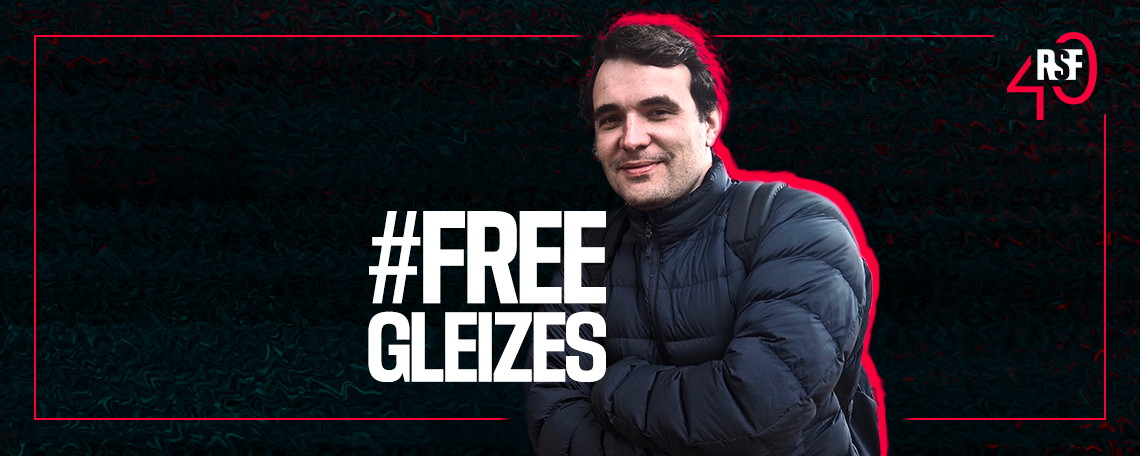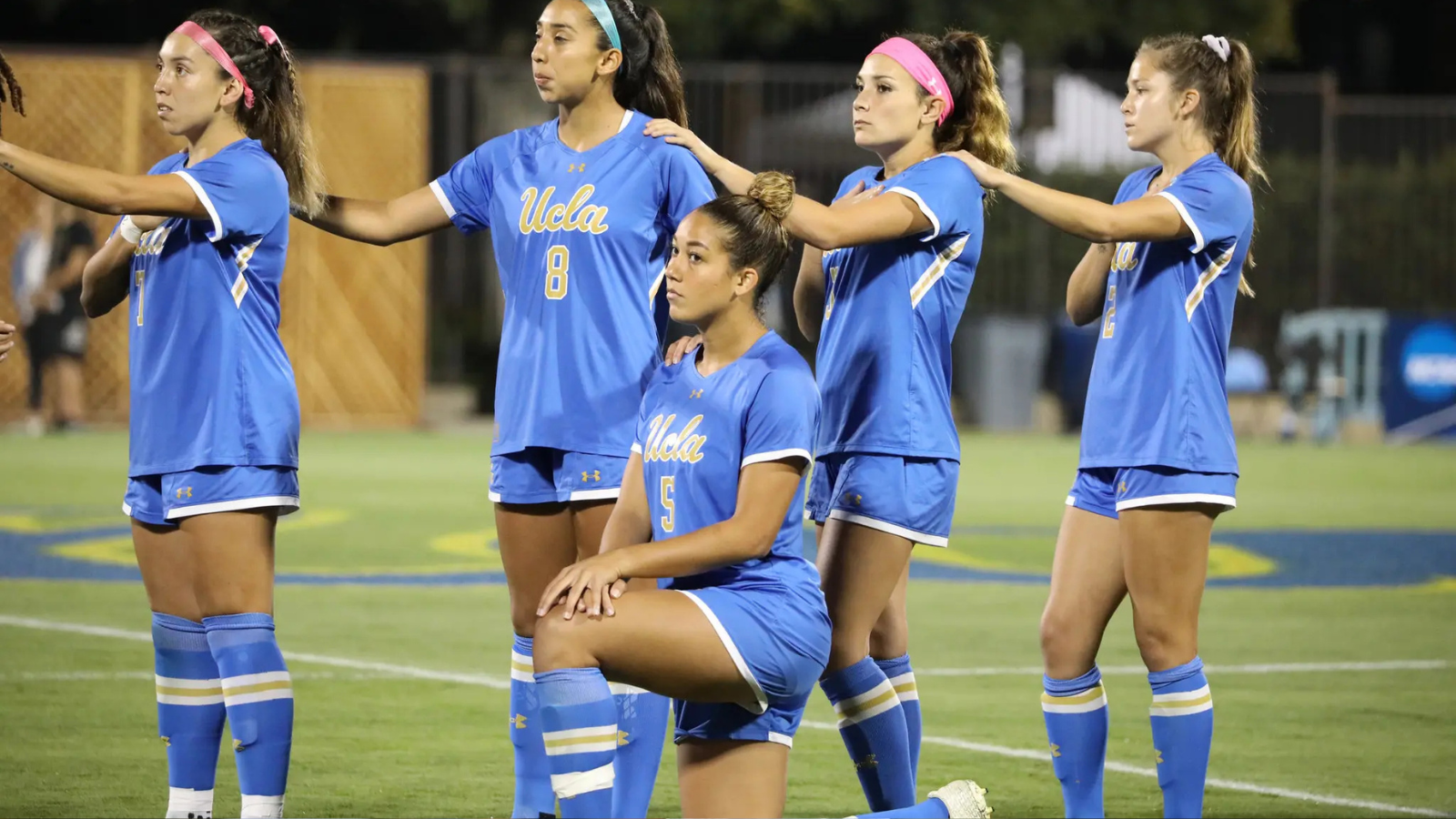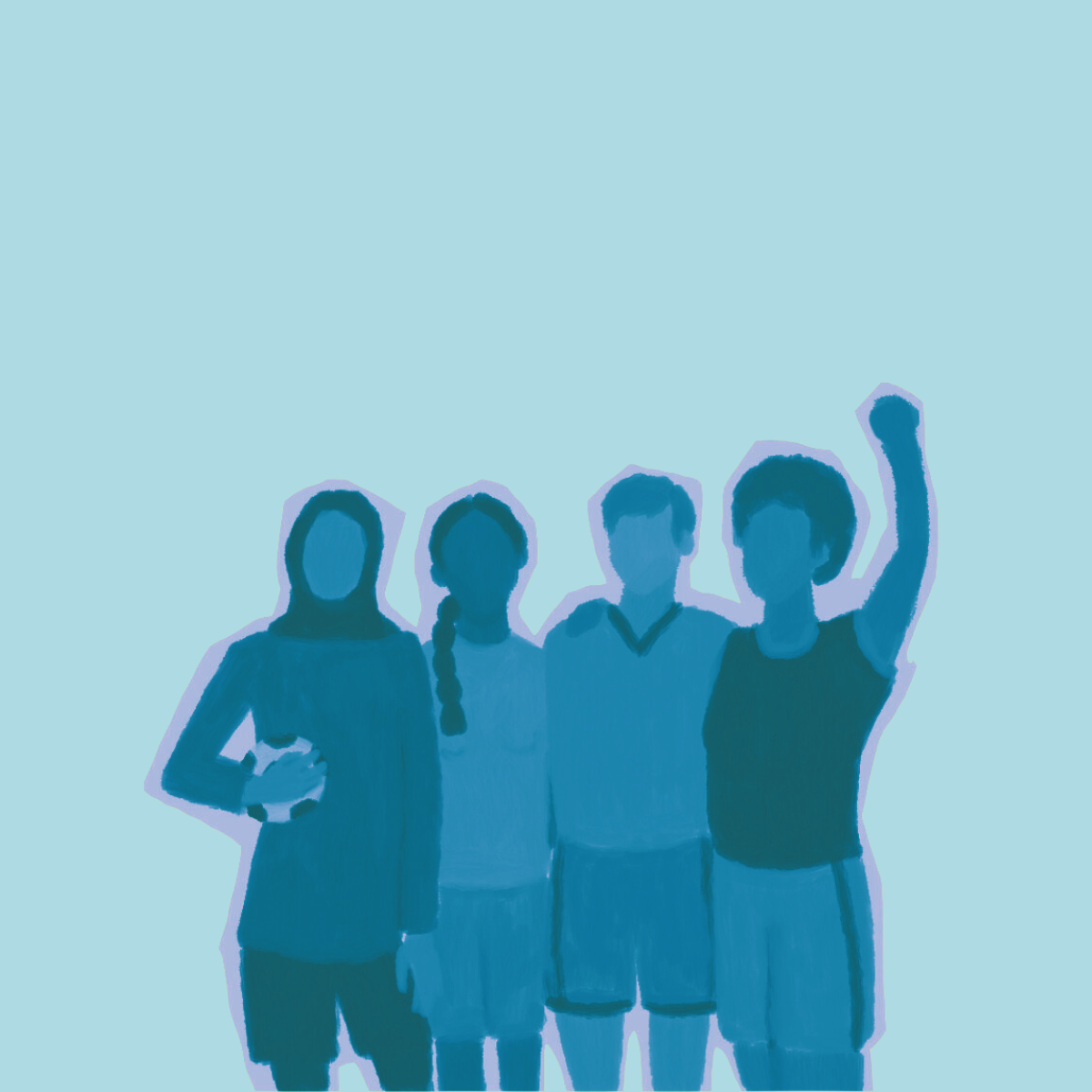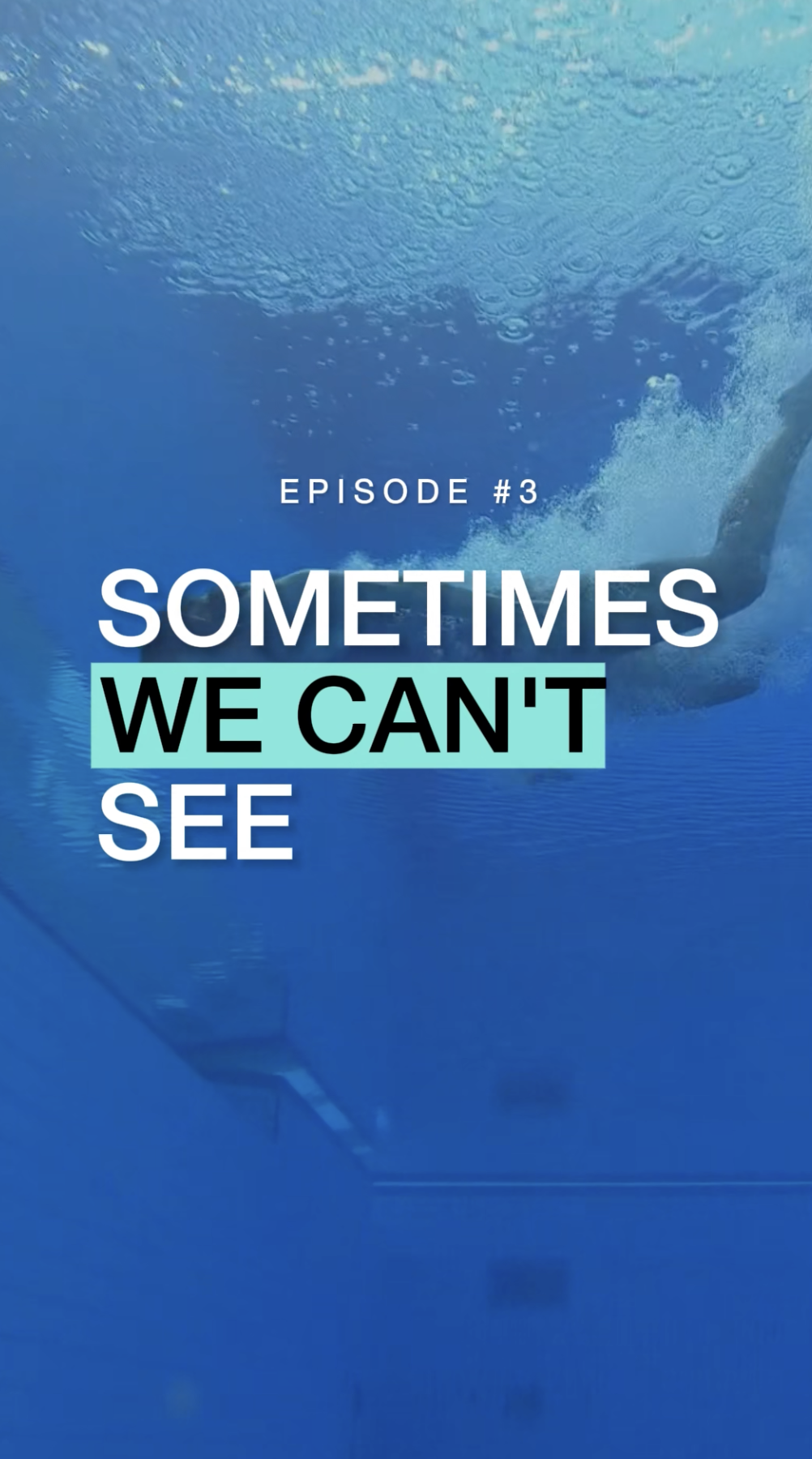FIFA should immediately publish and act on a review it received five months ago assessing its human rights responsibilities towards workers harmed delivering the 2022 men’s World Cup in Qatar, Amnesty International said today.
Amnesty International understands that an independent review, which was announced at FIFA’s Congress early last year and had its findings approved by FIFA’s Council in March, recognizes FIFA’s responsibility to remedy a significant range of abuses endured by hundreds of thousands of migrant workers while helping Qatar host the 2022 World Cup.
“Ahead of its annual congress next week FIFA should make public the review it ordered into the organization’s responsibilities to redress human rights abuses related to the 2022 World Cup and respond positively and rapidly to its recommendations. FIFA received this review months ago but has yet to disclose or act on its findings,” said Steve Cockburn, Amnesty International’s Head of Labour Rights and Sport.
This delay only prolongs the suffering of families who lost loved ones, and workers who were abused, while delivering FIFA’s flagship event. Steve Cockburn, Amnesty International’s Head of Labour Rights and Sport.
“This delay only prolongs the suffering of families who lost loved ones, and workers who were abused, while delivering FIFA’s flagship event. FIFA cannot erase this pain but it can set out a clear plan to deliver justice and commit some of its vast resources towards remedying the harms it has contributed to.”
“The contents of the report may make uncomfortable reading for FIFA but there is overwhelming public support for it to act and no excuse for stalling any longer. A commitment to remedying the abuses related to the last World Cup would be a vital step towards FIFA finally fulfilling its human rights responsibilities and could be life-changing for workers and their families.”
Hundreds of thousands of migrant workers suffered grievously while working to deliver the 2022 FIFA World Cup in Qatar. Extreme heat and unsafe working conditions also led to many workers losing their lives, with the Qatari authorities failing to investigate the deaths of thousands of workers across the country in the decade leading up to the tournament.
Other workers paid extortionate recruitment fees for jobs but were later cheated out of the money they were promised and endured appalling working conditions or other abuses including forced labour. The situation has left many financially and emotionally shattered and unable to rebuild their lives.
By awarding the tournament to Qatar in 2010, without first ensuring sufficient safeguards were in place to protect human rights, FIFA contributed to more than a decade of abuses which have not been remedied. In recent years FIFA has made reforms to its statutes and guidelines to better acknowledge its human rights obligations but serious doubts remain about its commitment to uphold them.
FIFA is currently considering awarding hosting rights for the 2030 and 2034 men’s World Cup tournaments. A joint bid from Spain, Portugal and Morocco is the only one submitted for 2030, and Saudi Arabia is the sole bidder for 2034.
“FIFA cannot simply move on to other tournaments leaving suffering in its wake, not least when the opportunity to finally put things right is within its grasp. It is past time for FIFA to publish the review, fully address abuses related to the last World Cup and finally deliver for the workers who made the tournament possible,” said Steve Cockburn.
Background
FIFA will hold its annual congress on 17 May in Bangkok in Thailand with members of football associations from 211 states expected to attend.
Polling has shown there is broad public support for FIFA to establish a mechanism to compensate workers who were abused in Qatar, and for human rights to be a critical consideration in FIFA’s selection of all tournament hosts. Victims’ access to a fund set up by Qatar in 2020 is rife with obstacles. Payments are capped, and it is nearly impossible for workers or families to apply after they have returned to their home countries.
Amnesty International and the #PayUpFIFA coalition have campaigned for FIFA to establish and finance its own compensation scheme, and called for FIFA’s 2022 World Cup Legacy Fund to be used to remediate abuses. The Qatar World Cup was FIFA’s most profitable ever tournament, making US$7.5 billion.






